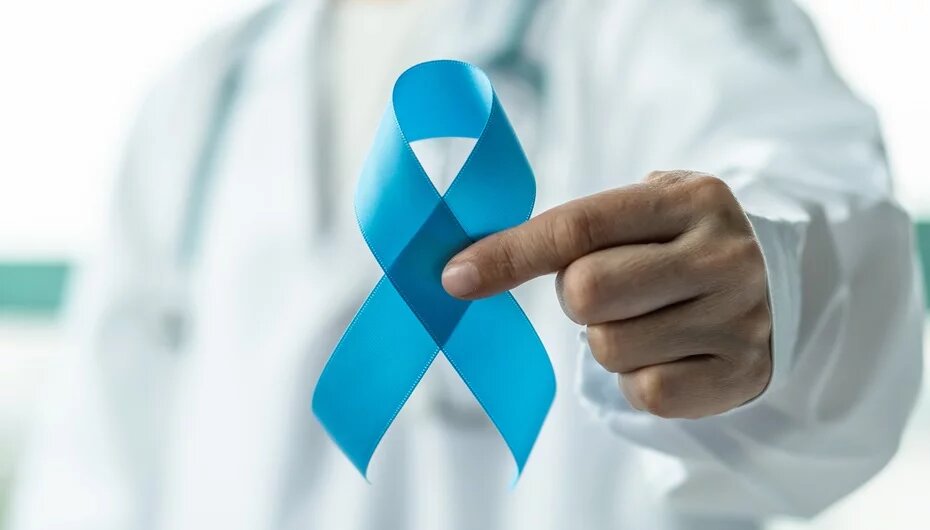What we can't control
Prostate cancer develops mainly in old age, and as we get older the chances of developing the disease increase. Genetic predisposition and ethnicity also play a role in the disease’s development. If you have a family history of prostate cancer, you are more likely to develop the disease. In the United States, statistics show that African Americans are twice as likely as white American men to develop the disease.
It’s also true that men in Western countries are more likely to develop the disease than Asian men. In this case, experts blame Western dietary habits. Poor eating habits and high consumption of animal protein can lead to the development of tumors.
However, even those at higher risk due to genetics or ethnicity can reduce their chances of developing prostate cancer with a healthy diet and a suitable lifestyle.
What we can do
Get a check-up! Regular screening at the right age can detect and treat the disease. Prostate tumors cannot be detected by self-examination, which is why we recommend annual screening for all men over 40.
Make diet and lifestyle changes. Lifestyle changes can reduce the chances of developing prostate cancer. The most effective strategy for prevention is to implement the following dietary and other lifestyle recommendations together:
- Reduce your intake of fatty foods (high in saturated fat) and instead eat foods rich in omega-3 fatty acids, such as seeds and certain fish.
- Eat more fruit and vegetables: especially leafy greens, tomatoes, broccoli, and cauliflower.
- Consume green tea and soya products.
- Avoid eating heavily grilled, burnt meats.
- Maintain a healthy weight.
- Obesity is a risk factor for developing aggressive prostate cancer. In general, as we age, maintaining an ideal body weight is important in preventing the development of cancer and many other diseases.
- Get regular exercise and do sports. Regular exercise helps maintain a healthy weight, reduces inflammation in the body and improves the immune system.
- Stop smoking and reduce your alcohol intake. Giving up smoking has a beneficial effect on our health in many ways, including reducing the chances of developing cancer. Limit alcohol intake.
- Vitamin D is important! Vitamin D has a proven preventive effect on the development of several cancerous diseases. Eat foods rich in vitamin D: sea fish, cod liver oil, liver, eggs, and dairy products. If you have a confirmed vitamin D deficiency, talk to your doctor about how to supplement vitamin D.
- Stay sexually active. Research shows that men who are sexually active are less likely to develop prostate cancer.
Remember: prostate cancer detected early is curable!
Our article is based on information from Johns Hopkins Medicine.
